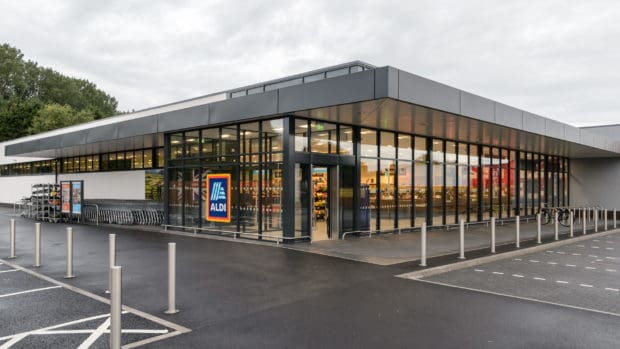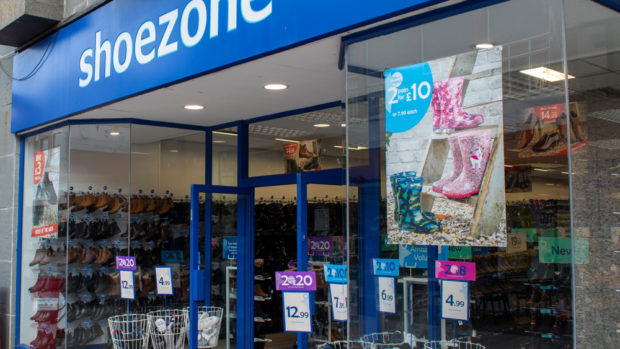Next has posted its full results for the year ending January 2021 – a year dominated by a ‘crisis unprecedented in living memory’.
With most of its stores closed for a significant portion – around 20 weeks – of the 2020/21 year, the retailer saw its pre-tax profits halve – down by 53 per cent to £342 million (from £729 million).
Group sales also decreased by 17 per cent to £3.6 billion (compared to £4.4 billion in the previous year). However, online sales (including Finance), which account for more than half of the group’s turnover, were up 10 per cent to £2.37 billion.
Next credits the scale and breadth of its online business – and the diversity of its product offer – as key factors that strengthened its resilience through the pandemic. With the former enabling the retailer to keep a ‘significant amount’ of the revenue lost by closed stores, as their customers went online.
Online sales for the past eight weeks (in the new financial year) have continued to surge and are said to be ‘stronger than expected’. Coming in 60 per cent higher than the comparable two months in 2019.
As a result, the company has raised its central profit guidance by £30 million to £700 million – close to pre-Covid levels.
Next’s chief executive Lord Wolfson warns that there is still ‘more uncertainty’ for retail ahead. He predicts that store sales could decline by 20 per cent on a like‐for‐like basis, but would still be ‘marginally profitable’ at that level.
He said: “The health of the consumer economy, the future course of the pandemic and the prospects for Retail stores remain unknown. It also remains to be seen how many of the product preferences and shopping trends induced by the pandemic will persist once life returns to normal.
“There remains a big question mark over the level of sales our stores will achieve when they reopen.
“The pandemic has served to accelerate a pre‐existing social trend ‐ the move to more online shopping. History has been given a shove and, having moved forward, seems unlikely to reverse.
“That said, the steady reduction in Retail occupancy costs, the continued relevance of our stores to online shopping through collections and returns and (perhaps) the closure of competing shops, mean that the battle to keep our stores relevant in an online world is far from over.”








Share